Inflation figures set to impact federal budget savings
The first round of inflation figures for the year is about to be released, with the results likely to affect how Treasurer Jim Chalmers hands down the budget.
The first round of inflation figures for the year is about to be released, with the results likely to affect how Treasurer Jim Chalmers hands down the budget.
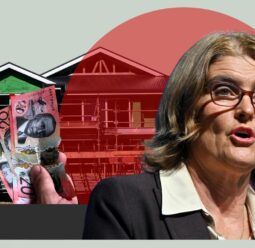
Minutes from the Reserve Bank's latest meeting reveal the thinking behind its call to lift interest rates for the first in more than two years.
A surprise slide in consumer spending has thrown more uncertainty around the Reserve Bank's next move on interest rates.
Opposition MPs have grilled Reserve Bank officials over whether government spending and monetary policy errors contributed to the first rate hike in two years.
Hotter-than-expected inflation figures have convinced analysts the Reserve Bank will lift rates as soon as next week, heaping pressure on mortgage holders.
Spending blow-outs by the government will force the Reserve Bank to hike rates, critics say, but the treasurer argues the private sector is driving inflation.
The Reserve Bank is widely tipped to become the first major central bank on Tuesday to U-turn from rate cuts to rate hikes in the post-COVID inflation era.

Traders now tip a greater-than-50 per cent chance of an interest rate hike in February, but some pundits are holding out hope for a Reserve Bank reprieve.
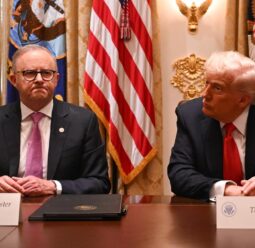
A deterioration in the job market could spare Australian borrowers interest rate hikes in 2026, an economist says.
A sharper-than-expected fall in inflation will encourage the Reserve Bank of Australia, but underlying price growth remains too hot for comfort.
Britpop giant Oasis and Black Friday bargains have helped bring Australia's economy back in tune, adding to the case against Reserve Bank rate cuts.
The average mortgage-holder's repayments could soon jump an extra $90 a month, with another Reserve Bank interest rate hike on the cards as early as February.
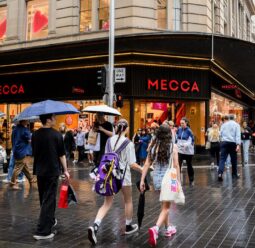
The sharpest rise in household spending in 21 months suggests the economy is continuing to grow in strength, heightening Reserve Bank fears about inflation.
Lower energy rebates and higher housing costs than a year ago have propelled the headline inflation rate to its highest level in 16 months.
Equipment investment in Australia's IT sector almost doubled in three months amid a surge in data centre projects, which could help revive productivity growth.
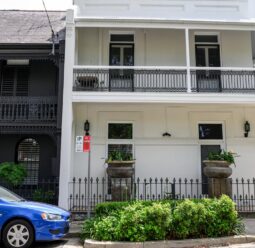
An extraordinary rise in demand combined with constrained supply has created a boom in Australian home values and rents over the past five years.
Barring a material rise in unemployment or weaker-than-expected economic growth, mortgage holders can just about give up hope for any more interest rate relief.
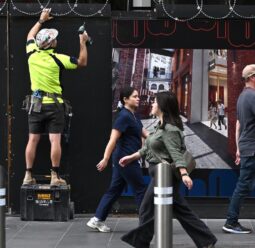
Unlikely to receive another rate cut in the next six months, borrowers will at least see the big four banks face parliamentary scrutiny in Canberra this week.
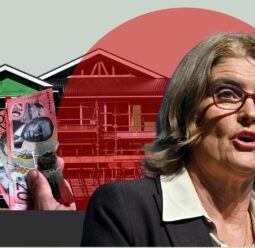
All four major banks predict mortgage holders will have to wait until 2026 for rate relief after a larger-than expected inflation rise.
The coalition has sought to link a recent rise in inflation and unemployment to the 1970s economic malaise, but analysts say there is no need to panic.

The rising cost of new homes and services such as takeaway meals were key to the Reserve Bank's inflation miss in September and could rule out future rate cuts.
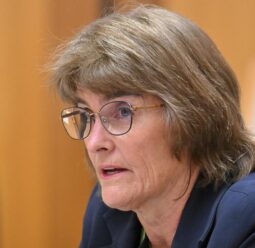
The economy is in a "good spot" but one sector is proving more stubborn than expected, the boss of the Reserve Bank says.
The odds are lengthening on an interest rate cut on Melbourne Cup Day, as the Reserve Bank adopts a hawkish tone and inflation steps up the pace.
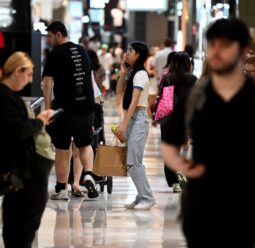
Strong growth in household spending earlier this year is unlikely to be matched, which could ease Reserve Bank fears of a return of inflation pressures.
Central banks such as the RBA need to be wary of the risks of inflation kicking off again, which could trigger market sell-offs, a global economic body warns.
A big four bank has pushed back its forecast for the next Reserve Bank rate cut after Australia's headline inflation rate jumped in August.
Borrowers hoping for a second straight interest rate cut have been dealt a blow after a surge in electricity prices drove inflation unexpectedly higher.
Hopes of a rate cut have slipped after a shock surge in inflation, but it's not off the cards yet with more data to come before the next Reserve Bank meeting.
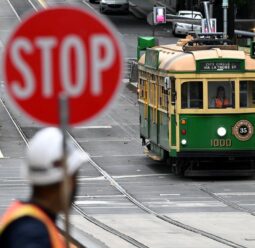
Strong annual growth in wages will be noted by the Reserve Bank as it collates data leading up to its next decision on whether to cut interest rates.
Future rate cuts may be less likely if renting and construction costs contributing to housing inflation continue to grow.
The Reserve Bank should have "all the comfort it needs" to cut interest rates again in August after underlying inflation fell to a three-and-a-half year low.